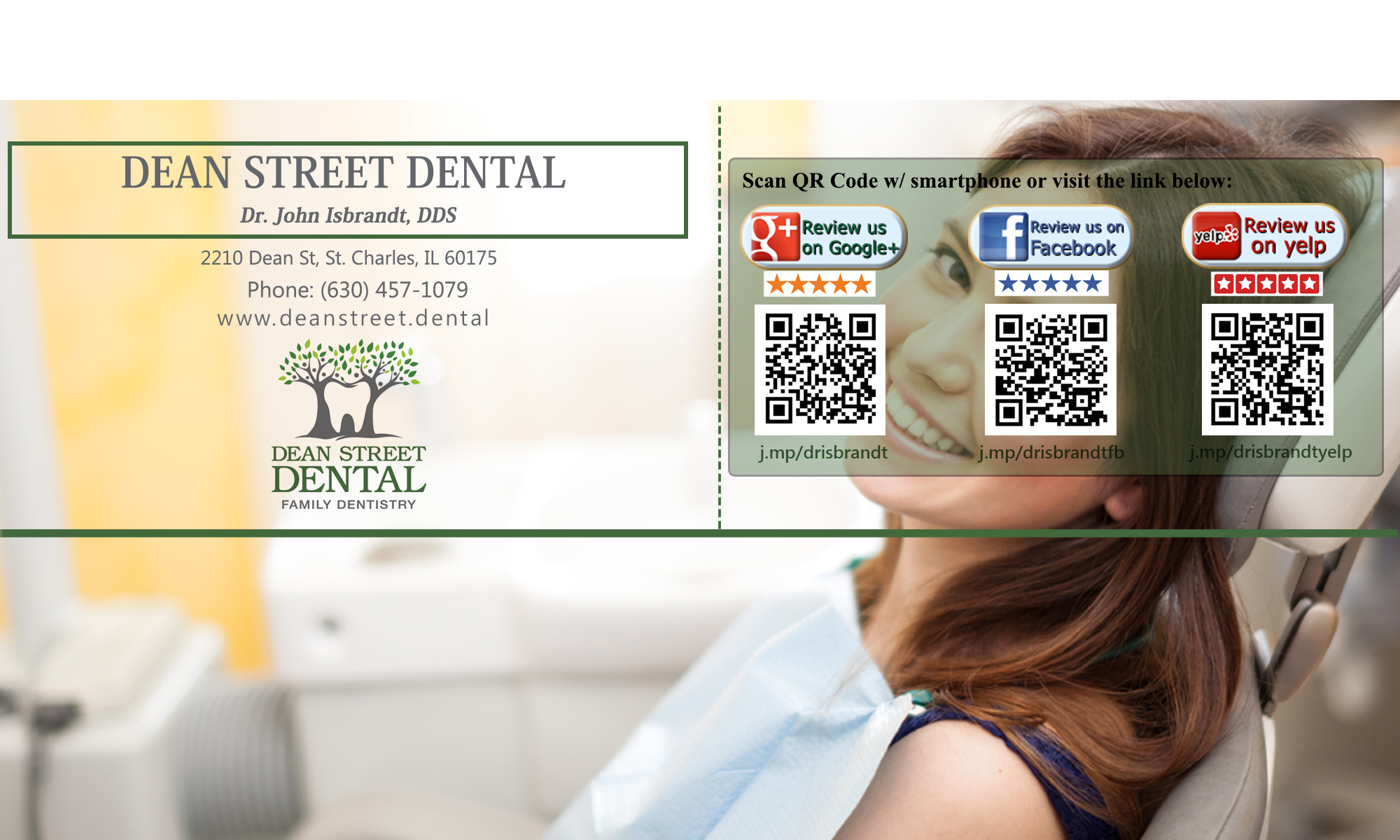The Invisalign system is a series of clear, thin, mouthguards that fit over the teeth and can gradually straighten them.
These have been called “invisible braces” as they can be an effective alternative to metal braces in some circumstances.
The big advantage of Invisalign is much improved appearance and comfort.
Invisalign mouthguards can be removed during eating and when brushing and flossing. As traditional braces may trap food and plaque, this is another major benefit of Invisalign.
While the system has advantages, it also has some drawbacks.
For example, it is more expensive – costing 25-50 percent more than metal braces.
Also the fact that you remove the mouthguards more often means that you may forget to wear them and it could take longer for you to achieve the desired results.
Invisalign is better suited to some people than others – for example, it may be particularly suitable for adults who have slight to moderate spacing or crowding of their teeth.
Your dentist will be able to tell you if you might be a suitable candiate for Invisalign.
You will get more detailed advice from an orthodontist who has been certified in the Invisalign system.
